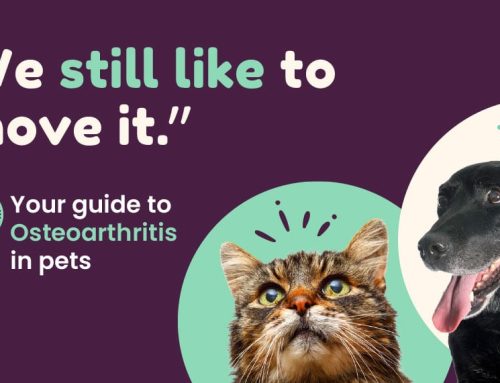Many of you have probably had pets who have been prescribed steroids at some stage in their lives.
These are not anabolic steroids so will not turn your pet into a beefcake or allow it run faster or jump higher but corticosteroids which have many important benefits but also side effects if not used correctly. If your pet has been prescribed a steroid in the past it is likely to Prednisone.
What do steroids do?
Steroids are very strong anti-inflammatorys and are often used for dogs and cats with severe allergic conditions.
These may include:
- Allergic dermatitis
- Asthma
- Bee stings
- among others.
Steroids may also be used to treat a spinal “slipped” disc by reducing harmful inflammation and swelling to the spinal cord and nerves while giving the body a chance to heal. Steroids can also suppress the immune system. The immune system fights infection but in some cases is overzealous and fights and destroys normal cells. These conditions are called autoimmune disease. In these conditions steroids are given to stop the immune system and thus the destruction of these healthy cells.
Steroids can also be effective in fighting some cancers. Steroids are not “strong” medicines. They are extremely popular, being used for relatively mild problems and sometimes for serous life-threatening disease.
For most conditions your vet will start your pet on relatively high doses then slowly taper the dose over days to weeks. This is important to allow your pets body to adapt to their withdrawal. Some animals become “addicted” to steroids and become ill if they are stopped to quickly. If you suspect your pet has some of these symptoms, contact one of our nurses to make an appointment.
What are the possible side effects?
In addition to the many benefits of steroids there are some potential problems associated with their use. In dogs especially, steroids cause some annoying side effects. Some of these are extremely common and will definitely be worrisome to you but do not cause permanent harm to your dog. These may include: Dramatic increase in thirst, hunger and urine volume. This may sometimes result in incontinence in some (usually elderly) dogs, panting, lethargy and a pot bellied appearance.
All of these side effects are completely reversible and diminish when the steroid dose is decreased or stopped. Steroids in higher doses make your pet more prone to infections although this complication is uncommon. Very rarely they may also cause stomach ulcers.
Finally steroids do not always work. They may fail over time or not work at all. If they fail to do their job a different and stronger medication will be prescribed.
If you have any questions about steroids or your pets current medication phone us at the vet clinic on (09) 524 8361.
Abbots Way Vet complies to all safety requirements and procedures of New Zealand Veterinary Association.



